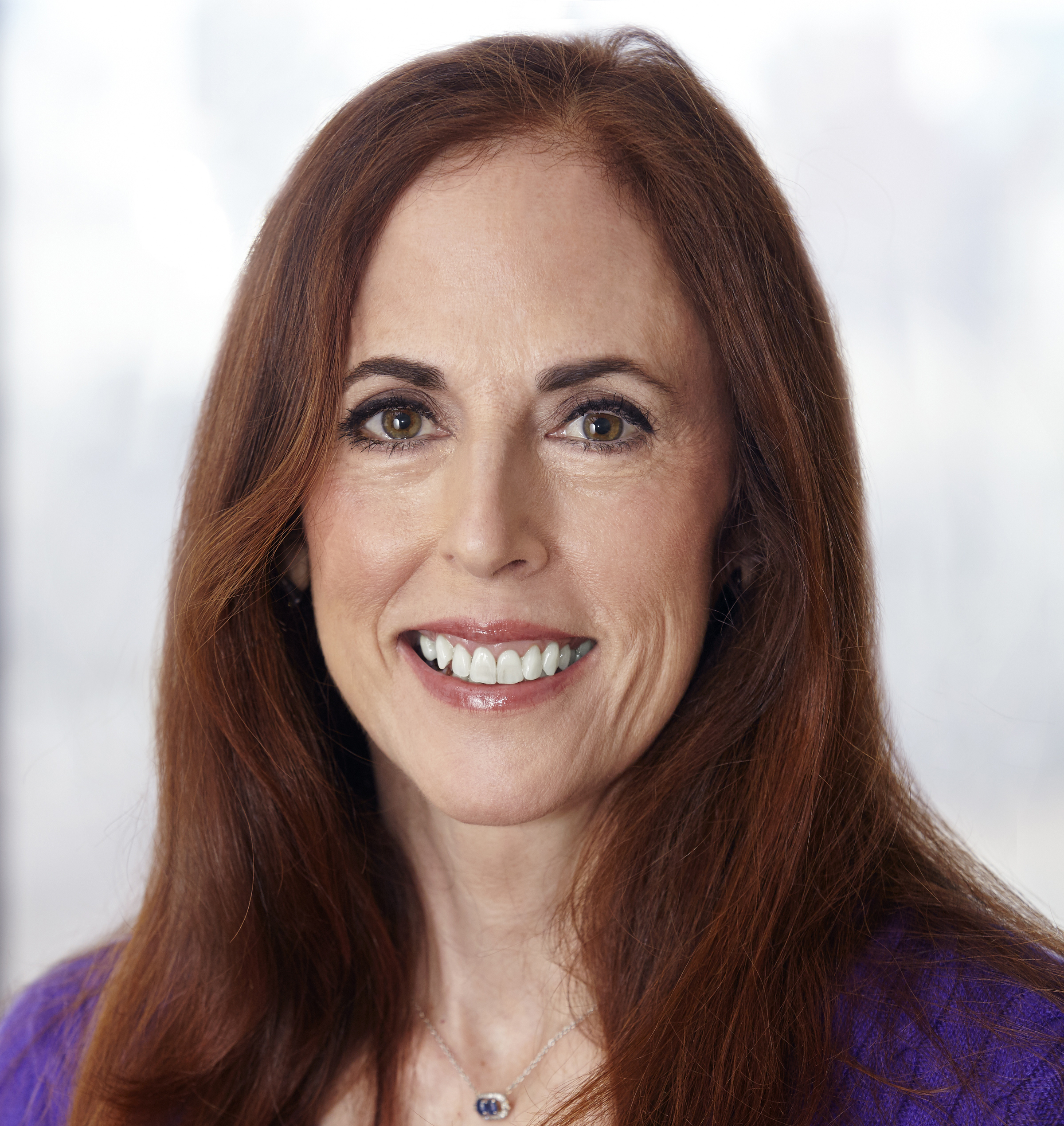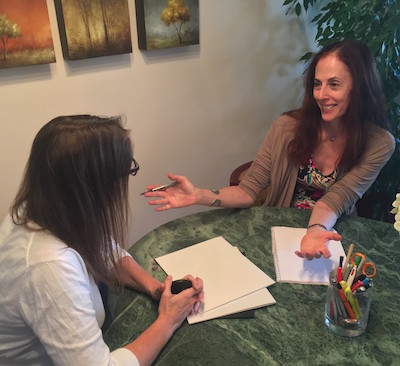 For autism families, who struggle every day to help their children with myriad challenges, finding a knowledgeable AND compassionate doctor is a MUST. Whether parents choose a doctor through recommendations or from a list of specialists covered by their insurance plans, I recommend the following steps for finding an autism-friendly doctor:
For autism families, who struggle every day to help their children with myriad challenges, finding a knowledgeable AND compassionate doctor is a MUST. Whether parents choose a doctor through recommendations or from a list of specialists covered by their insurance plans, I recommend the following steps for finding an autism-friendly doctor:
- When making your first appointment, be sure to tell the front office in ADVANCE that your child (regardless of age) is on the autistic spectrum. Ask if the doctor is willing to work with you and your child, knowing more of his time and patience will be needed than for a neurotypical patient. Does the doctor have experience working with other patients who have disabilities? Briefly explain your biggest concerns about treating your child. If you get an unfriendly or glib response, this is the moment to bail out.
- Try to make an appointment that’s convenient for both you and YOUR child. I wouldn’t dare schedule an appointment for my ASD daughter that interfered
 with her singing lessons or play rehearsals, unless it was a genuine emergency. Now that Samantha is 25, she makes her own appointments. However, I always suggest she pick a day when she doesn’t have another commitment afterwards. I want to help her avoid being on a meltdown path during her doctor’s appointment, distracted by looking at her watch and perseverating over being late for her next activity.
with her singing lessons or play rehearsals, unless it was a genuine emergency. Now that Samantha is 25, she makes her own appointments. However, I always suggest she pick a day when she doesn’t have another commitment afterwards. I want to help her avoid being on a meltdown path during her doctor’s appointment, distracted by looking at her watch and perseverating over being late for her next activity.
- To give everything the best chance of going smoothly, ask the receptionist which days and times are usually least busy. Try to make an appointment during one of those times because noisy, crowded waiting rooms are especially difficult for families on the spectrum.
Sometimes the best doctor for a person with autism is NOT the one with the fancy office who is frightfully expensive and doesn’t accept insurance. The doctor best qualified to treat your child doesn’t need to be included in a magazine’s “Best Doctors” list. Arrogance and over-sized egos don’t match up well with autism families. After 25 years of accompanying Samantha to doctors, I can truly say: “Been there, done that.” Patience and a willingness to listen and learn about your individual child can be far more important than an impeccable pedigree.
Whether your child is five or 25, you will need to provide (or help provide) a medical history that’s coherent and complete. All doctors who treat patients on the spectrum must be prepared to listen longer in order to understand more complicated medical histories. Despite financial and time pressure to see more patients quickly, physicians working with autism families must realize they can’t be rushed. Even crackerjack communicators will inevitably need more time with the doctor to discuss therapies, past medication responses, and the child’s ability to accurately report her symptoms.
Here are 20 questions to ask when choosing a new physician for your ASD child. Keep in mind that some of these questions will be more relevant if you have a young adult like my Samantha, who insists on going to doctors independently after the initial visit (whenever possible).
- Is the doctor REALLY willing to take the extra time to listen to you and your son or daughter?

- Will the doctor explain treatment options, medications, diets, etc. in a way that your child understands and enlists their cooperation? As Samantha would say: “Can your doctor break things down into small manageable bites?”
- When interacting with your child, is the doctor able to put in the extra effort to connect without (consciously or unconsciously) talking down to her?
- Is the physician willing to slow down and make a creative effort to break down difficult concepts and medical jargon so that your child can understand what’s going on in his or her body?
- How about the front office? You may be dealing with these personnel often. Are they kind and accommodating or gruff and over-worked? What is the atmosphere in the office and waiting area?


- Can appointments be scheduled so your child will not wait longer than half an hour?
- If you’re selecting a specialist, such as a gynecologist, dentist or endocrinologist, ask if he or she knows anything about autism? If not, are they willing to learn?
- How difficult is it to make an appointment?
- Are you able to speak with a live human being when you call?
- How much time—if any—are you expected to spend on the phone listening to menu options?
- If the doctor does not accept insurance, will the billing manager help you recover the maximum payment by using the most effective medical codes?
- Is the doctor’s office willing to send the bill to you, so your young ASD adult can go independently, without having to pay at the time of the visit?
- Do you feel the perspective physician is too often harried and rushing to get to the next patient?
- Does this doctor regularly treat other patients with autism and disabilities?
- Does the doctor seem especially interested and compassionate toward your family—even if he knows very little about autism?
- How long does the doctor take to call you back?

- What will your doctor do for your child in an emergency?
- Is there someone competent covering for your doctor on weekends and vacations?
- Are you willing to trade a good bedside manner for a brilliant diagnostician or out-of-the-box thinker?
- Do you need to establish a close, long-term relationship with a doctor or are you looking for a quick, one or two visit fix (i.e. sprained ankle)?
Each autism family will no doubt have additional questions based on their children’s individual challenges and health issues. What’s most important to keep in mind is that if you manage to find a doctor who is smart, creative and autism-friendly, you have probably found the best doctor for EVERYONE.





 Marguerite Elisofon is a New York City writer and the author of My Picture Perfect Family, a memoir about how her family navigated life with a child on the autistic spectrum before the internet and support groups existed. She also blogs about parenting young adults and disability related issues in The Never Empty Nest. Her writing has been featured in a variety of publications, including Time and NY Metro Parents magazine, and her family’s story has been featured by the NY Post, Fox News, The Daily Mail, and on Jenny McCarthy’s Dirty Sexy Funny radio show. A Vassar graduate, Marguerite was born and raised in New York City, where she still lives with her husband, Howard, in their mostly-empty nest. She is available to speak about a wide variety of issues relating to twins, parenting, and autism.
Marguerite Elisofon is a New York City writer and the author of My Picture Perfect Family, a memoir about how her family navigated life with a child on the autistic spectrum before the internet and support groups existed. She also blogs about parenting young adults and disability related issues in The Never Empty Nest. Her writing has been featured in a variety of publications, including Time and NY Metro Parents magazine, and her family’s story has been featured by the NY Post, Fox News, The Daily Mail, and on Jenny McCarthy’s Dirty Sexy Funny radio show. A Vassar graduate, Marguerite was born and raised in New York City, where she still lives with her husband, Howard, in their mostly-empty nest. She is available to speak about a wide variety of issues relating to twins, parenting, and autism. 